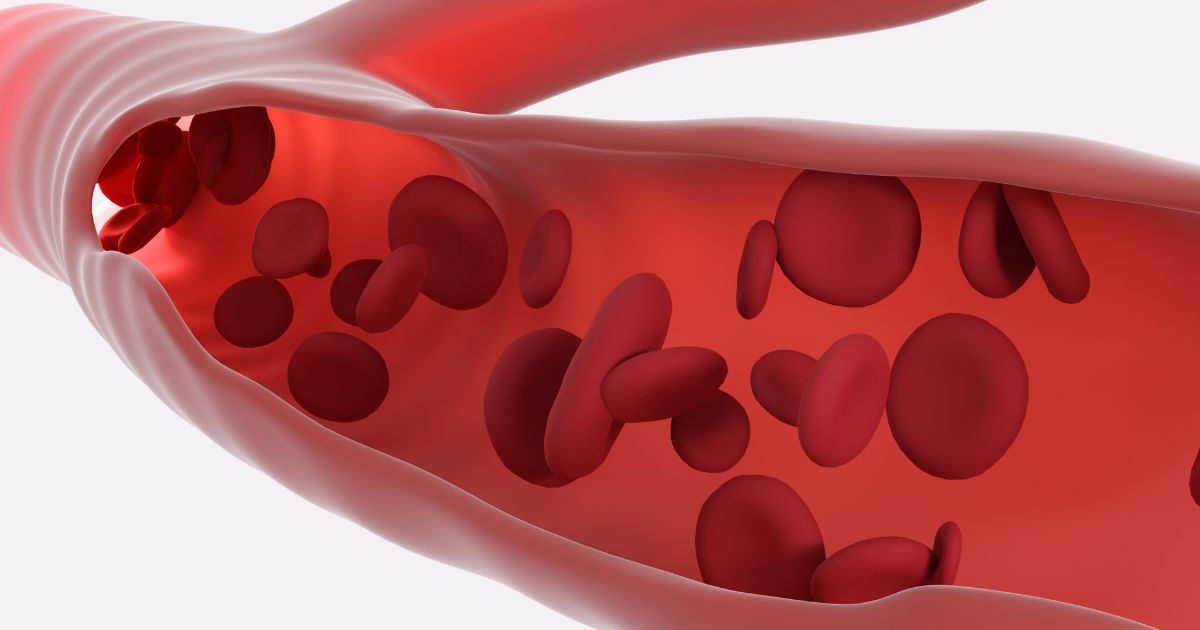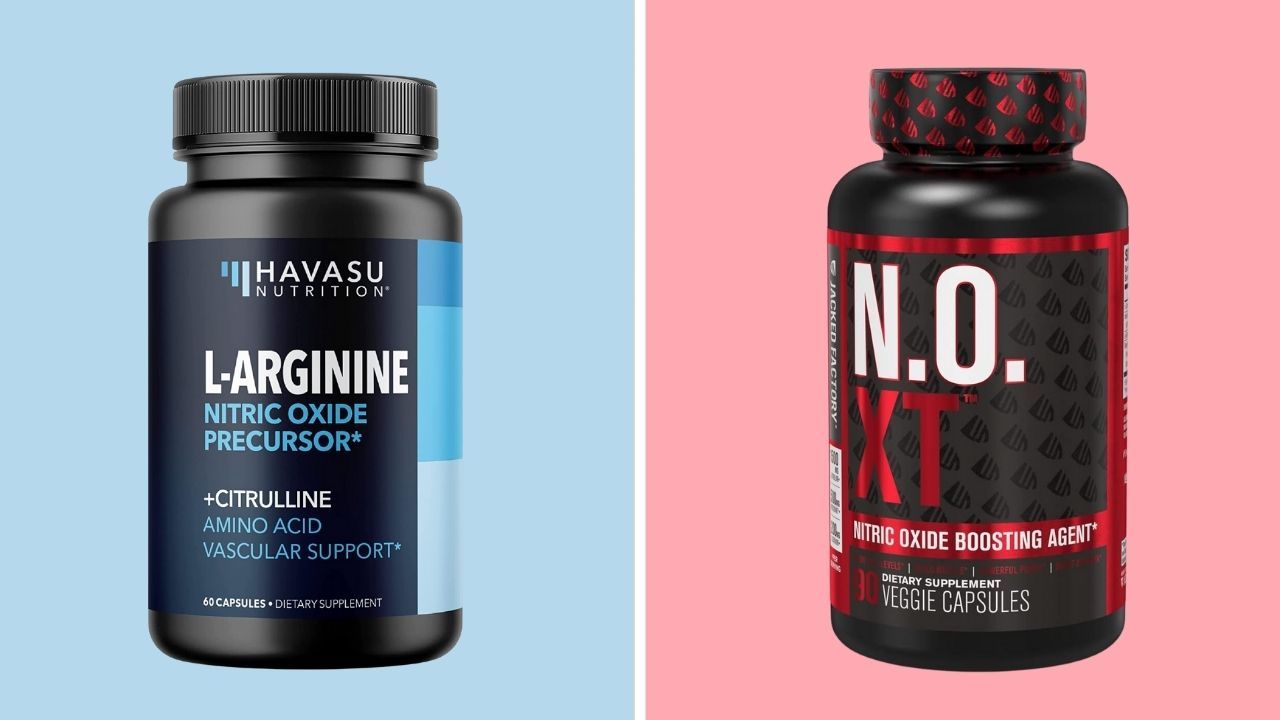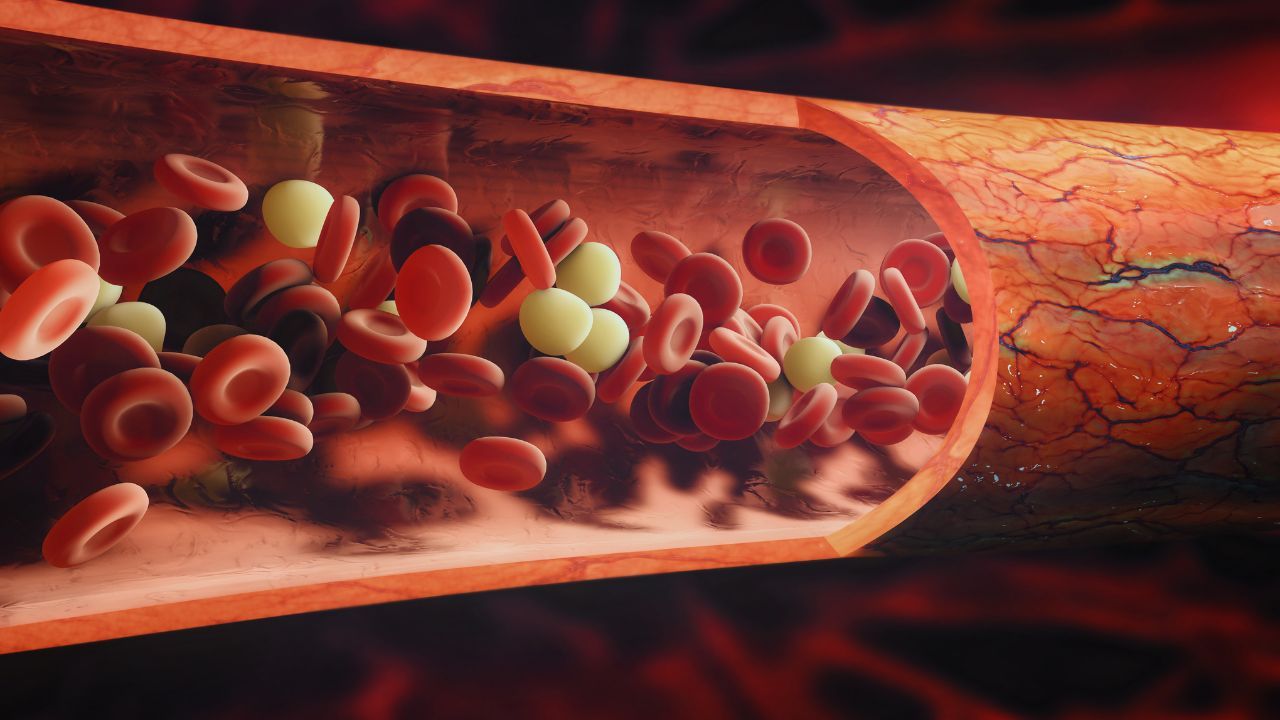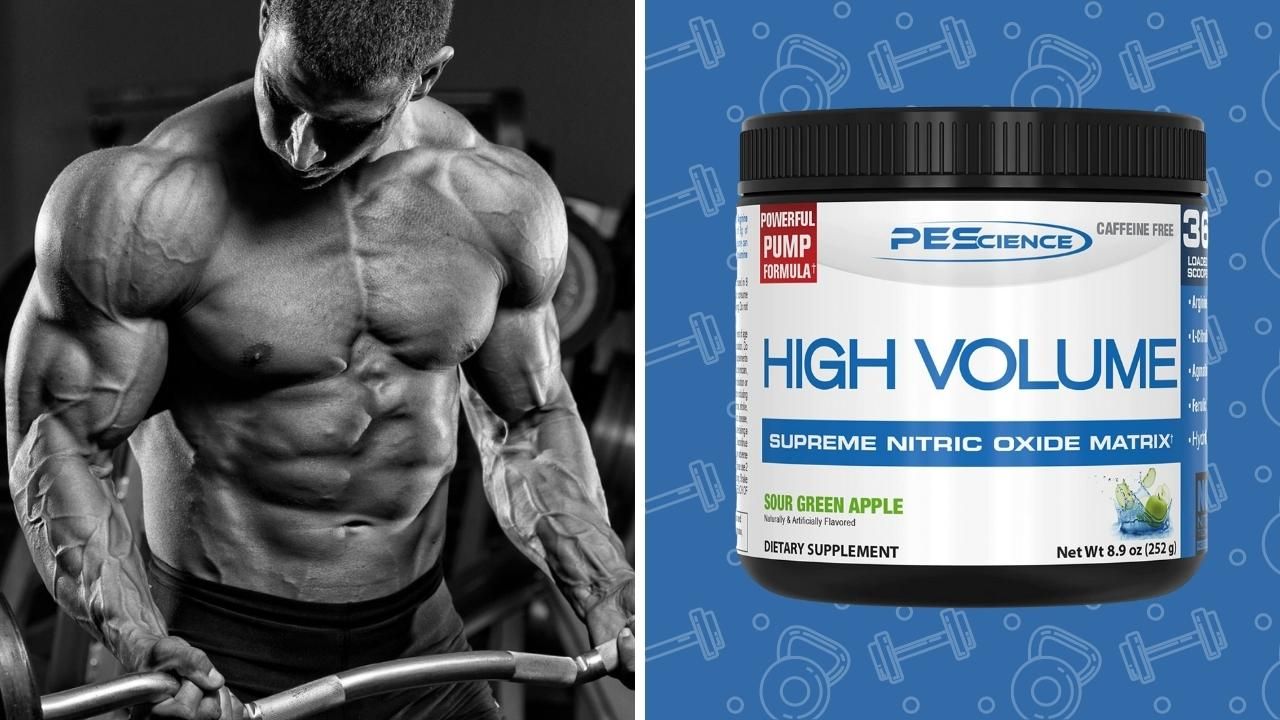
Does Nitric Oxide Help Sexually | The Surprising Truth
Expert Insights: Explore the connection between nitric oxide and sexual health, answering the question "Does Nitric Oxide Help Sexually?"
Welcome! This post will examine nitric oxide and its potential influence on sexual health.
We will delve into the scientific aspects of this potent molecule and how it could enhance overall sexual performance. Get ready to expand your knowledge!
But first, you might be wondering, what exactly is nitric oxide, and why should you care about it?
One area of particular interest is the connection between nitric oxide and sexual health. We'll dive deep into this relationship and explore how NO might help improve your sexual performance.
Our goal is to provide you with the knowledge and tools to make informed decisions about your own sexual health journey.
What is Nitric Oxide?
Before we delve into the connection between nitric oxide and sexual health, let's take a moment to understand what nitric oxide is and how it works.

Definition and Function of Nitric Oxide
Nitric oxide is a small, simple molecule that acts as a signaling agent in our bodies.
- It's like a tiny messenger, carrying important information from one cell to another.
- This information helps regulate processes such as blood flow, inflammation, and nerve function.
Think of nitric oxide as a traffic cop, guiding the flow of traffic (blood) through the busy streets (blood vessels) of your body. Without nitric oxide, our blood vessels wouldn't be able to relax and expand, leading to poor circulation and a host of potential health issues.
Production and Regulation in the Body
Our bodies produce nitric oxide from the amino acid L-arginine, with the help of an enzyme called nitric oxide synthase (NOS). This process occurs primarily in the cells lining our blood vessels, known as endothelial cells.
The production of nitric oxide is a delicate balancing act. If we produce too little, our blood vessels may become constricted, reducing blood flow and potentially leading to health problems.
On the other hand, if we produce too much nitric oxide, it can cause oxidative stress and damage to our cells.
Role in Various Physiological Processes
Nitric oxide plays a crucial role in many different physiological processes, including:
- Regulating blood pressure by relaxing and dilating blood vessels
- Supporting immune function by helping to fight off infections and promote wound healing
- Facilitating nerve communication by transmitting signals between nerve cells
- Protecting the heart by preventing blood clots and reducing inflammation
Nitric Oxide and Sexual Health: The Connection
Now that we have a basic understanding of what nitric oxide is and how it functions in our bodies, let's explore its potential connection to sexual health and performance.

Role of Nitric Oxide in Blood Flow and Circulation
As we mentioned earlier, nitric oxide is like a traffic cop, directing the flow of blood through our blood vessels. This function is particularly important when it comes to sexual health.
Imagine your blood vessels as a series of interconnected highways. When you become sexually aroused, nitric oxide acts as the green light, signaling your blood vessels to relax and expand, allowing more blood to flow to your genital area.
This increased blood flow is what leads to an erection or increased sensitivity in women.
Impact on Erectile Function and Sexual Arousal
In men, nitric oxide plays a crucial role in achieving and maintaining an erection.
For women, nitric oxide also plays a role in sexual arousal by increasing blood flow to the clitoris and vaginal tissues, enhancing sensitivity and pleasure during sexual activities.
Scientific Studies Supporting the Link Between Nitric Oxide and Sexual Health
Numerous studies have demonstrated the connection between nitric oxide and sexual health.
- Research has shown that men with erectile dysfunction often have low nitric oxide levels in their blood vessels.
- Studies have found that increasing nitric oxide levels can improve erectile function and overall sexual satisfaction in both men and women.
- One study found that taking 6 grams of l-citrulline and l-arginine per day for one week improved tolerance to severe-intensity exercise. Which could translate to performance in the bedroom.
It's also worth noting that some of the studies on L-arginine have been done in people with health conditions that can affect sexual function, such as heart disease and diabetes.
So it's possible that the results of these studies may not apply to healthy people.
How to Increase Nitric Oxide Levels Naturally
Now that we know the importance of nitric oxide for sexual health, let's explore some ways to naturally increase your nitric oxide levels.

Dietary Sources of Nitric Oxide Precursors
One of the best ways to boost your nitric oxide levels is through your diet.
Some nitrate-rich foods include:
- Leafy greens like spinach, arugula, and kale
- Beets and beet juice
- Celery and celery juice
Foods high in L-arginine include:
- Nuts and seeds, such as almonds and walnuts
- Lean meats, like chicken and turkey
- Fish, especially salmon, and trout
Importance of Antioxidants for Nitric Oxide Production
Antioxidants are also crucial for nitric oxide production, as they help protect the molecule from being broken down by free radicals.
- Foods rich in antioxidants, like berries, dark chocolate, and green tea, can support healthy nitric oxide levels.
Exercise and Its Impact on Nitric Oxide Production
Regular exercise is another fantastic way to boost nitric oxide levels.
- Physical activity increases blood flow and stimulates the production of nitric oxide in your blood vessels.
- Aim for at least 30 minutes of moderate exercise most days of the week to reap the benefits.
Lifestyle Factors That Can Affect Nitric Oxide Levels
In addition to diet and exercise, other lifestyle factors can influence your nitric oxide levels.
By making healthier lifestyle choices, you can support optimal nitric oxide levels and improve your sexual health.
Nitric Oxide Supplements and Sexual Performance
If you're considering a more targeted approach to boosting nitric oxide levels, supplements may be an option.
Types of Nitric Oxide Supplements Available
There are several types of nitric oxide supplements on the market, including:
- L-arginine and L-citrulline supplements, which provide the building blocks for nitric oxide production
- Nitrate supplements typically derived from beetroot or other nitrate-rich sources
Benefits and Potential Side Effects
Nitric oxide supplements have been shown to improve blood flow, support healthy blood pressure, and enhance exercise performance.
However, they can also cause side effects like headaches, dizziness, and digestive issues in some individuals.
Scientific Evidence Supporting the Use of Nitric Oxide Supplements for Sexual Health
- Studies have found that nitric oxide supplements can help treat erectile dysfunction and sexual dysfunction in both men and women.
- More research is needed to fully understand the long-term benefits and potential risks of using these supplements.
Tips for Choosing the Right Supplement
When selecting a nitric oxide supplement, look for products with high-quality ingredients and transparent labeling.
It's also a good idea to consult with a healthcare professional before starting any new supplement regimen, especially if you have pre-existing health conditions or are taking medications.
Other Factors Affecting Sexual Health
While nitric oxide plays a significant role in sexual health, it's essential to consider other factors that can also impact your sexual performance and satisfaction.
By addressing these factors, you can take a holistic approach to improving your sexual health.

Psychological Factors such as Stress, Anxiety, and Depression
Your mental and emotional well-being can significantly influence your sexual health.
- Stress, anxiety, and depression can all negatively affect your libido, arousal, and overall sexual satisfaction.
- Practicing stress-reducing techniques like meditation, deep breathing exercises, or engaging in hobbies you enjoy can help improve your psychological well-being and, in turn, your sexual health.
Physical Factors like Obesity, Smoking, and Alcohol Consumption
Your lifestyle choices can also impact your sexual performance.
- Obesity, smoking, and excessive alcohol consumption can all contribute to poor circulation, reduced nitric oxide production, and decreased sexual function.
- By maintaining a healthy weight, quitting smoking, and moderating alcohol intake, you can support optimal sexual health.
Medical Conditions That Can Impact Sexual Performance
Certain medical conditions, such as diabetes, cardiovascular disease, high blood pressure, and hormonal imbalances, can negatively affect sexual performance.
If you suspect that an underlying medical issue is impacting your sexual health, it's crucial to consult with a healthcare professional for diagnosis and appropriate treatment.
Importance of a Holistic Approach to Improving Sexual Health
To achieve the best results in your sexual health journey, it's vital to take a comprehensive approach that addresses all aspects of your well-being, including your nitric oxide levels, mental health, physical health, and any underlying medical conditions.
Bottom Line
We've explored the role of nitric oxide in sexual health and performance.
We've discussed how nitric oxide is involved in blood flow and circulation, which is crucial for erectile function and sexual arousal.
We've also examined various ways to naturally increase nitric oxide levels through diet, exercise, and lifestyle changes, as well as the use of supplements.
It's important to remember that a balanced lifestyle is essential for optimal sexual health. By addressing all aspects of your well-being, from mental health to physical fitness and nitric oxide levels, you can work towards a more satisfying and fulfilling sexual experience.
Lastly, we encourage you to consult with a healthcare professional for personalized advice and guidance on your sexual health journey.
They can help you identify specific factors that may be affecting your performance and recommend appropriate treatments or interventions tailored to your unique needs.
Before You Go...







